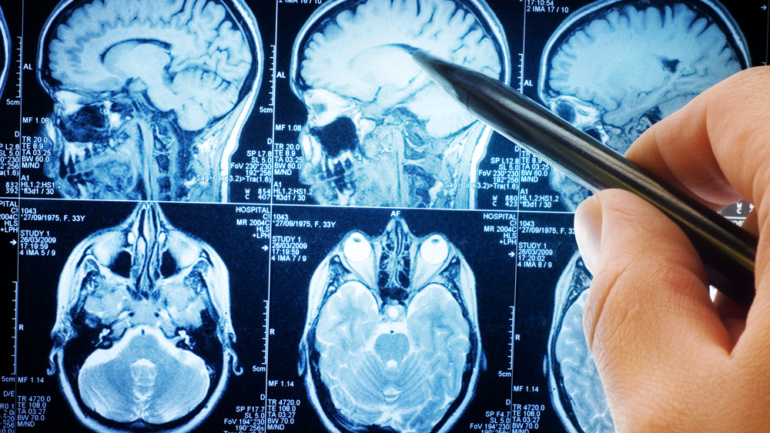1. Men are more likely to develop kidney cancer.
Kidney cancer (also known as renal cancer or renal cell adenocarcinoma) is the 14th most common cancer worldwide. It is the 9th most common cancer in men and the 14th most common cancer in women. Higher levels of chemical exposure and higher smoking rates could be linked to why men are more likely to be smokers and are more likely to be exposed to cancer-causing chemicals at work.
2. Kidney cancer most often occurs in people over age 55.
The risk for developing kidney cancer increases with age, and the average age of diagnosis is 64 years old. Although kidney cancer is very uncommon in people younger than age 45, there is a type of kidney cancer known as Wilms tumors, that tends to affect children. About 5% of all cancers in children are Wilms tumors.
3. Smoking and other factors increase risk.
Smoking has been linked with as many as one-third of all kidney cancer cases.
And if you are a current or former smoker, your risk of developing kidney cancer is twice as high as someone who never smoked. Quitting reduces your risk, even if you’ve smoked for years.
Other major risk factors include obesity, high blood pressure, and exposure to chemicals like asbestos and cadmium. In addition, people who receive long-term dialysis to treat kidney failure have a higher risk of developing kidney cancer.
4. Pay close attention to your family history.
Your family history may predispose you to kidney cancer. If you have a first-degree relative (mother, father, brother, sister, or child) diagnosed with kidney cancer, you are at increased risk of developing the disease. This risk is highest for brothers or sisters of those with cancer.
Also, people born with certain inherited syndromes may have an increased risk of kidney cancer, including those with von Hippel-Lindau disease, Birt-Hogg-Dube syndrome, tuberous sclerosis, and familial papillary renal cell carcinoma.
5. There are warning signs, but not EARLY warning signs.
Like lung cancer, colorectal cancer, and cervical cancer, kidney cancer rarely causes signs or symptoms in its early stages. Possible warning signs or symptoms may include blood in your urine (this may be painless and appear one day and not the next); back pain just below the ribs that doesn’t go away and was not caused by injury; weight loss; fatigue; or intermittent fever. If you notice any of these symptoms, see your doctor right away.




